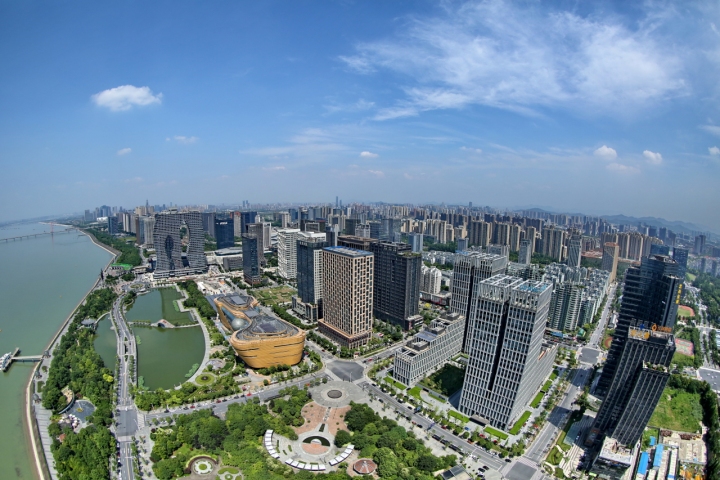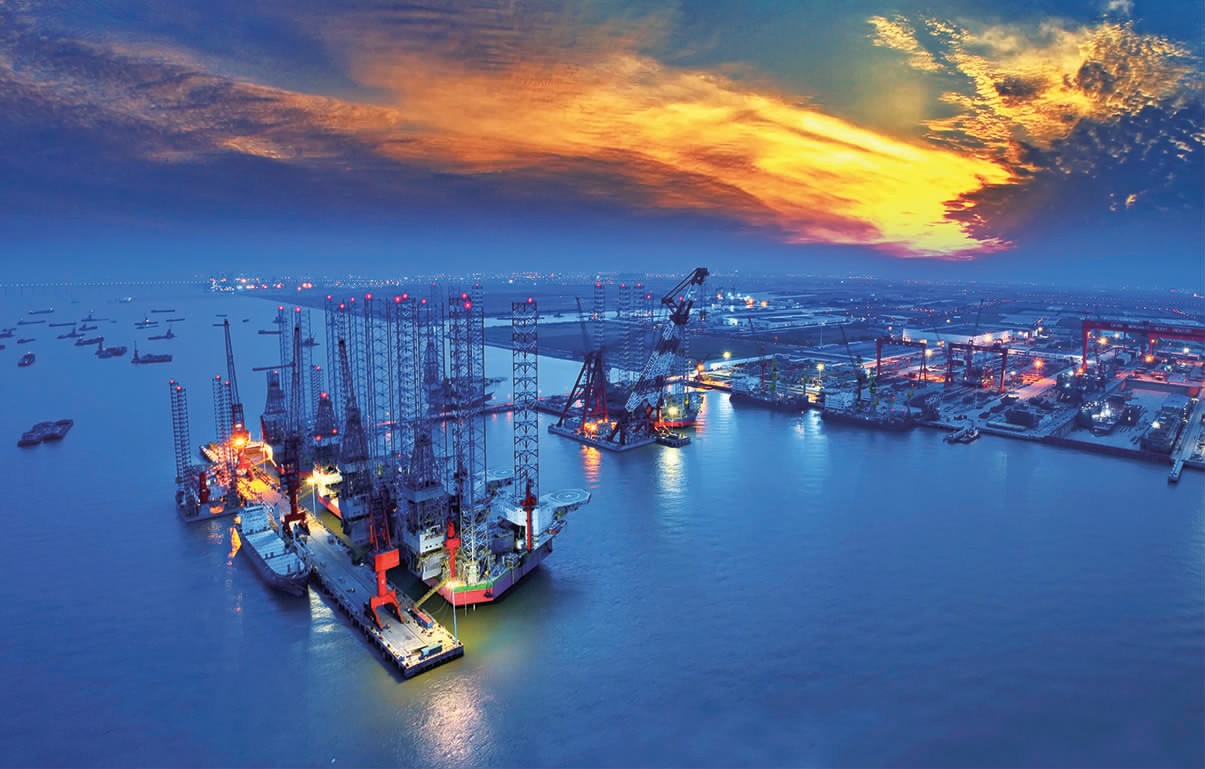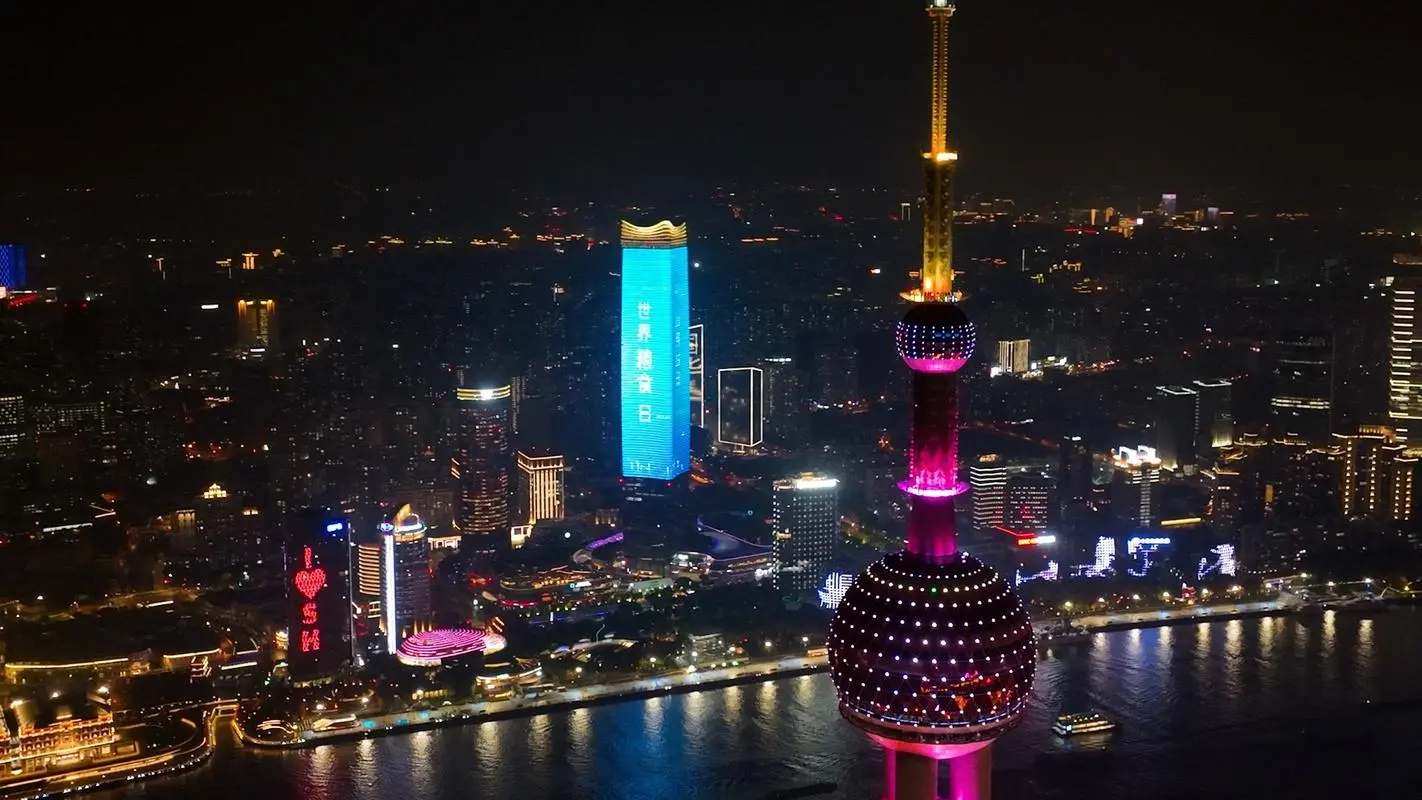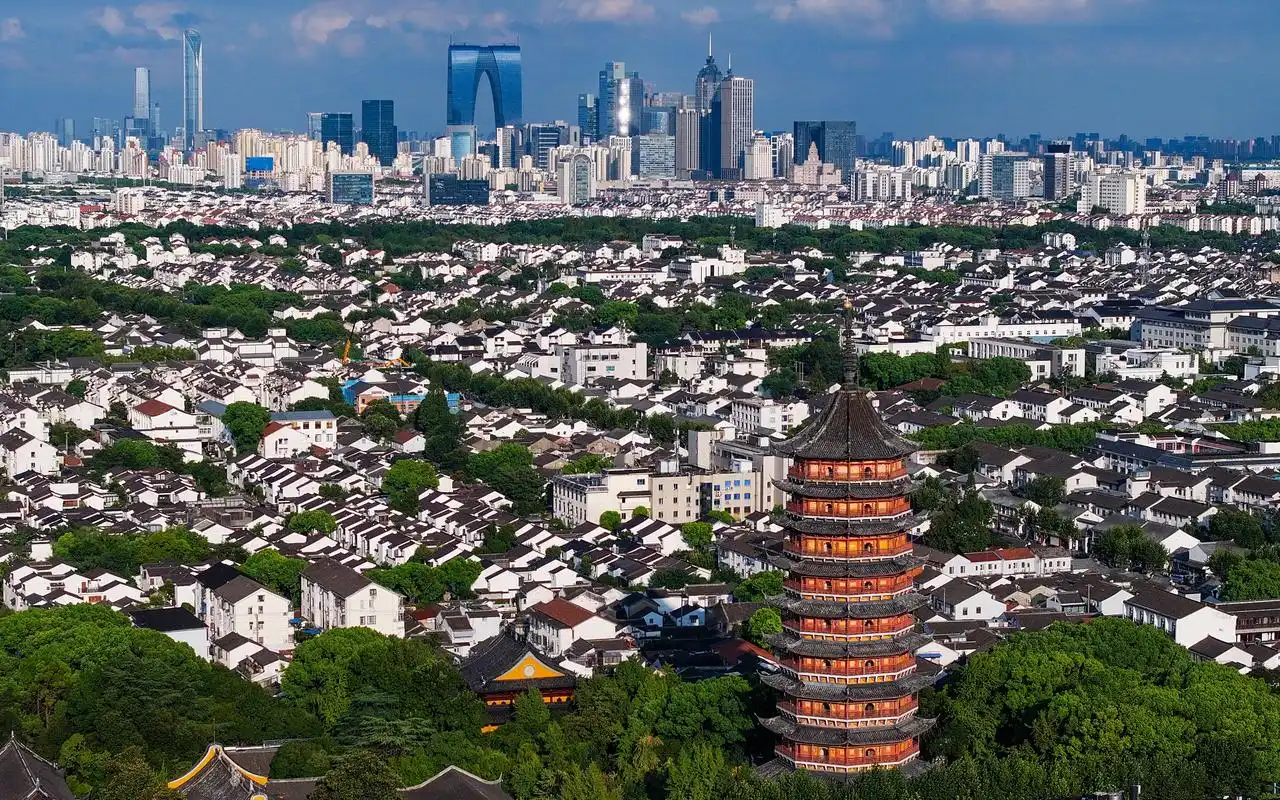Overview of Hangzhou's Economy and Business Environment

Overview of Hangzhou's Economy and Business Environment
Hangzhou, abbreviated as "Hang" and formerly known as Lin'an, Qiantang, and Wulin, is the capital city of Zhejiang Province, located in the northern part of the province and downstream of the Qiantang River. The total area of Hangzhou is 16850 square kilometers, with 10 districts, 2 counties, and 1 county-level city under its jurisdiction, and a permanent population of approximately 12.522 million people.
historical background
Hangzhou has a long history and rich cultural heritage. As early as over 8000 years ago, humans have been reproducing and thriving here. During the Qin Dynasty, the name Hangzhou first appeared in history. During the Five Dynasties and Ten Kingdoms period, the state of Wu Yue established its capital here. During the Southern Song Dynasty, Lin'an Prefecture became the capital city of the Southern Song Dynasty. Hangzhou is known as the "heaven on earth", represented by West Lake culture, Qiantang River culture, and Canal culture.
geographical environment
Hangzhou is located on the southern wing of the Yangtze River Delta and at the western end of Hangzhou Bay. The terrain gradually decreases from west to east, including low mountains and hills, river valleys and basins, and alluvial plains. Hangzhou belongs to a subtropical monsoon climate with distinct four seasons, warm and humid.
Economic situation
Hangzhou is an important central city in eastern China, as well as an international comprehensive transportation hub and a national digital economy innovation center. In 2024, Hangzhou achieved a regional GDP of 2.186 trillion yuan, a year-on-year increase of 4.7%. Hangzhou's economy has developed rapidly, especially with significant achievements in digital economy and technological innovation.
The economic situation in Hangzhou is very good, with a regional GDP of 2.186 trillion yuan in 2023, ranking 8th in the country
The economic growth of Hangzhou is mainly due to its strong private economy and digital economy. Hangzhou, as the economic, cultural, and educational center of Zhejiang Province, has a rich industrial economy and leading brands and technologies.
The specific performance and future development trend of Hangzhou's economy
Economic growth: Hangzhou's economy is growing rapidly, with a regional GDP of 2.186 trillion yuan in 2023, ranking 8th in the country.
Industrial structure: Hangzhou's economic development is dominated by digital economy and port economy, forming a pattern of "dual core drive+three tiers". The first tier includes Hangzhou and Ningbo, whose combined GDP accounts for 44.4% of the province's total.
Key development areas: Hangzhou has key development plans in areas such as Qianjiang New City Phase II, Qianjiang Century City, and Yuncheng, involving fields such as intelligent IoT, high-end equipment, biomedicine, new materials, and new energy.
The business environment in Hangzhou has been significantly optimized in recent years, mainly reflected in the following aspects:
Firstly, Hangzhou has shown outstanding performance in attracting foreign investment. In 2024, Hangzhou's actual utilization of foreign investment reached 6.542 billion US dollars, ranking first among vice provincial cities in China and third in the country, only behind Shanghai and Beijing, surpassing Suzhou and Shenzhen. This performance is attributed to Hangzhou's active exploration and innovation in the allocation of resources such as industry, technology, talent, and data on a global scale, forming a new advantage with world competitiveness.
Secondly, the business environment in Hangzhou has been significantly optimized. Hangzhou has been listed as one of the first pilot cities for business environment innovation in China, committed to building the best business environment city. Hangzhou continues to tap into the potential for reinvestment of existing foreign-funded enterprises through measures such as supporting innovation fund matching investment, coordinating and scheduling major foreign-funded projects, and conducting large-scale visits to foreign-funded enterprises. In addition, Hangzhou has also launched multiple measures to optimize the business environment, such as reducing start-up costs, optimizing the venture capital environment, facilitating work and life, and other 10 measures to "do practical things for enterprises", providing support for enterprise development from the aspects of environmental creation, factor guarantee, and service guarantee.
Finally, Hangzhou has also achieved significant results in digital services. For example, Hangzhou Grand Canal Smart Future City has created a "one-stop" convenient service platform, providing "zero distance services" and efficiently empowering enterprise service work through digital means. It has also built an online platform called "Shu Enterprise High tech E-Station", providing more efficient and convenient experiences for enterprises to obtain information, understand policies, and handle matters.




